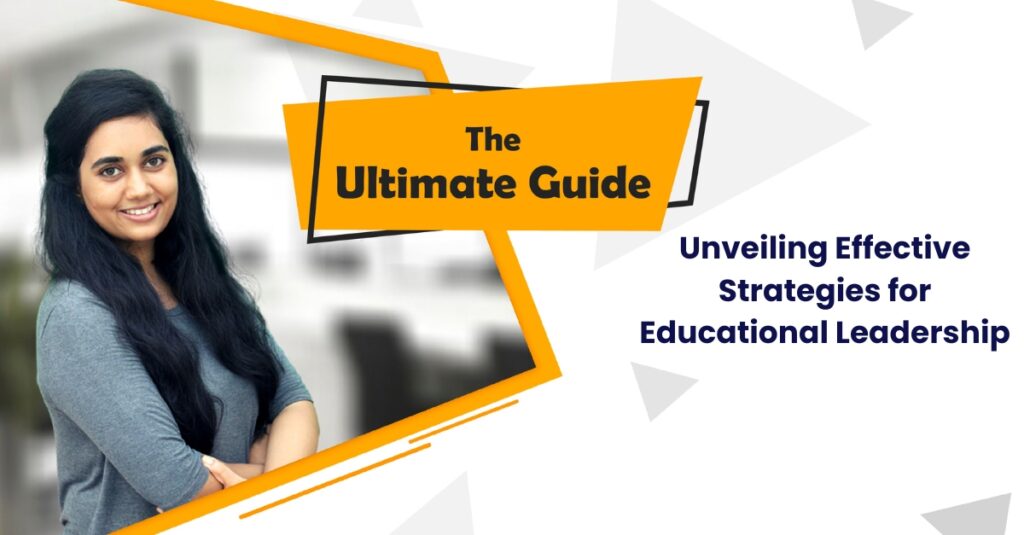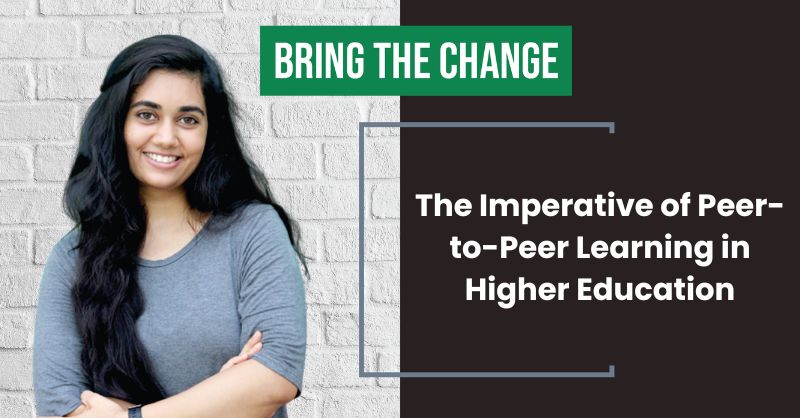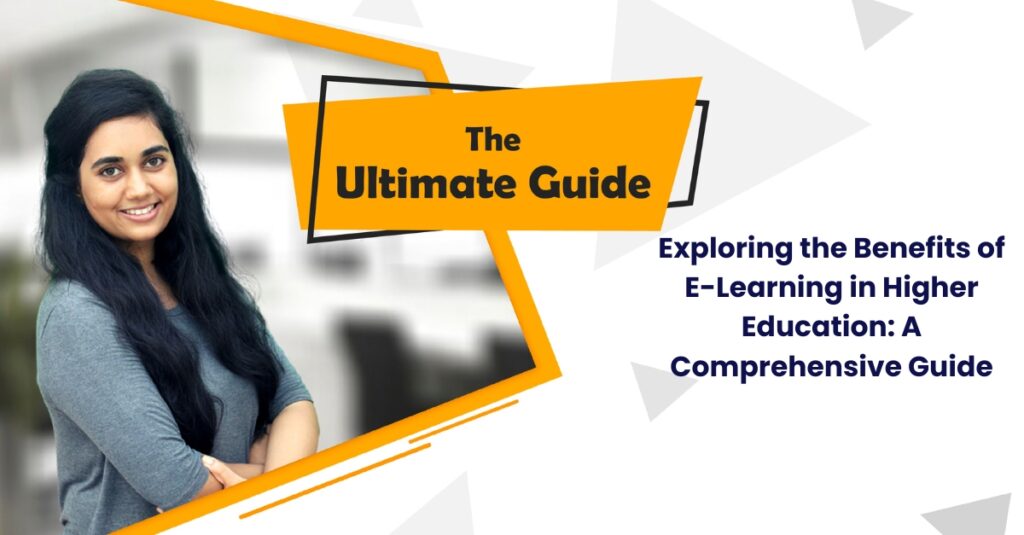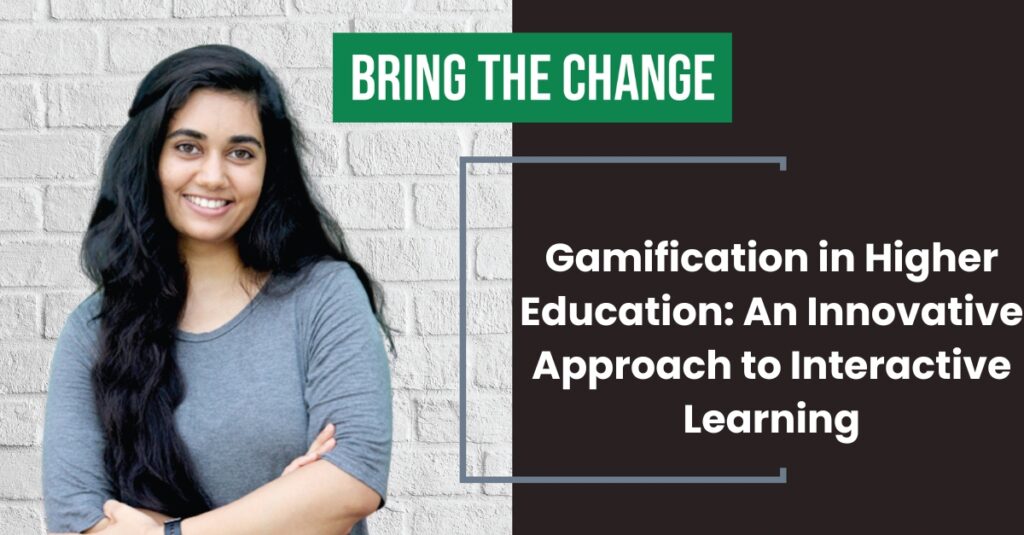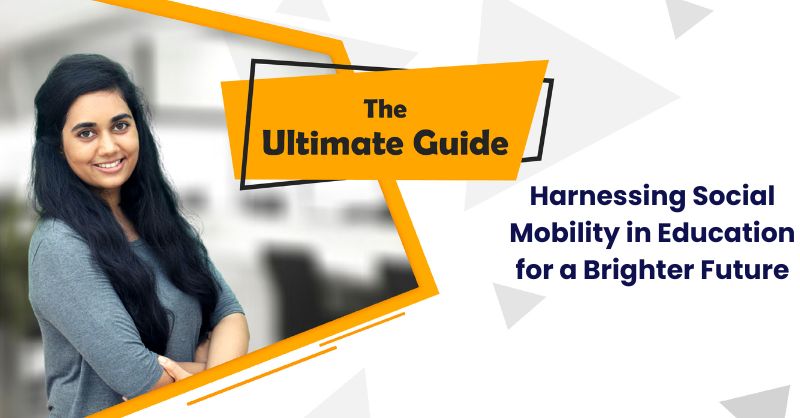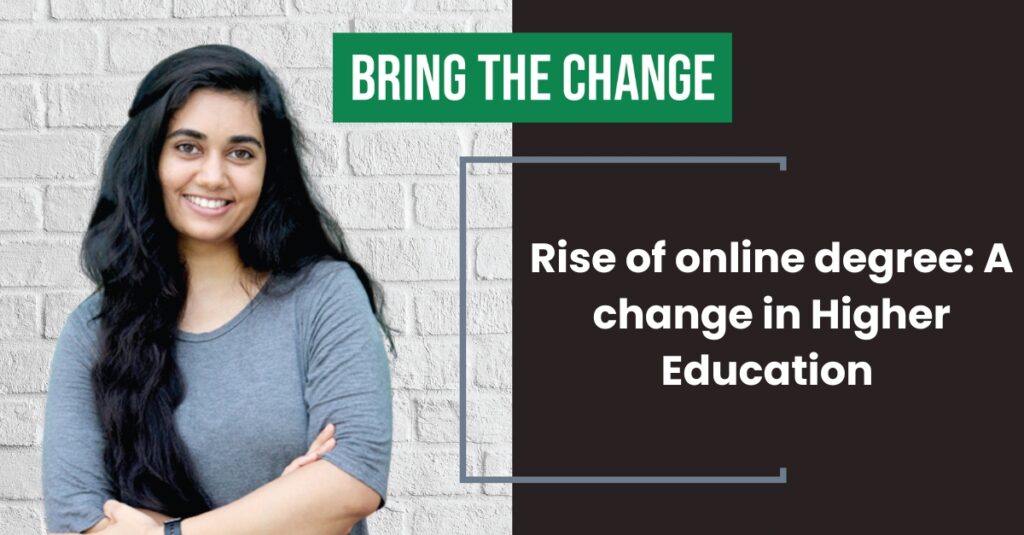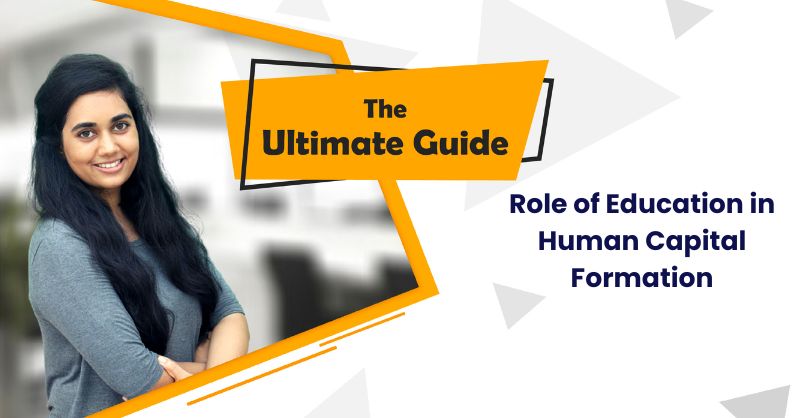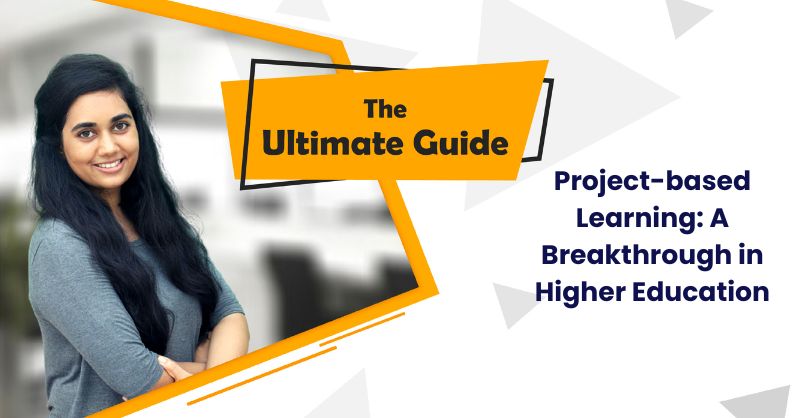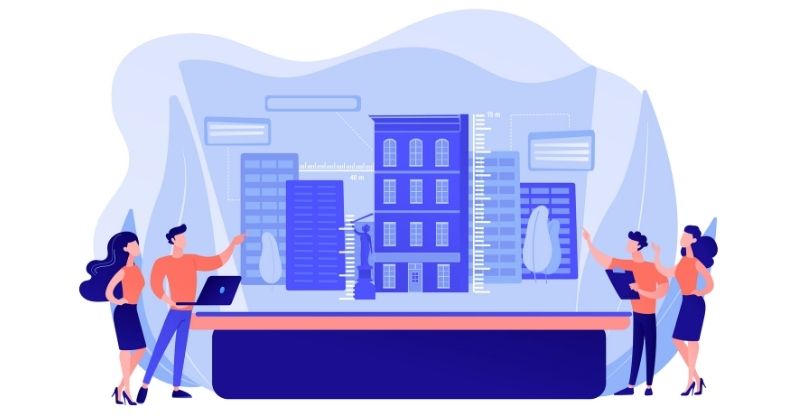Effective educational leadership is the cornerstone of successful schools, driving positive change in the environment where students can thrive. In the ever-evolving landscape of education, educational leaders play a pivotal role in shaping their institutions’ vision, culture, and outcomes. Their leadership extends beyond administrative tasks; it encompasses the ability to inspire, communicate, innovate, and advocate for the best interests of students, teachers, and the entire school community.
Category Archives: Article
Peer-to-peer learning, an educational approach rooted in collaboration and knowledge sharing among students, has emerged as a powerful catalyst for transforming traditional classrooms into vibrant, active engagement and intellectual growth hubs.
In the constantly evolving realm of higher education, there are so many benefits of technological advancements that have sparked a revolution that has given a new outlook to traditional learning paradigms. E-learning is the innovative integration of digital tools and electronic resources, and has emerged as a dynamic force that reshapes how knowledge is imparted and acquired.
Gamification in education includes inculcating game-like elements and techniques into the learning process. It helps in creating a more engaging and interactive educational experience for both the teachers and students.
In a society, everyone should have an equal chance to fulfil their potential, regardless of their background or socioeconomic status. Education is the primary vehicle for achieving upward social mobility, as it equips individuals with knowledge, skills, and opportunities that can lead to better job prospects and higher earning potential.
The rise of online degree has significantly impacted higher education, offering both advantages and disadvantages for students, institutions, and the education landscape. An online degree is an academic qualification that can be obtained entirely or primarily through online learning platforms and virtual classrooms without the need for students to attend physical classes on a traditional campus.
Education is the cornerstone of Role of Education in Human Capital Formation. It plays crucial for individual and societal advancement as individuals acquire skills, knowledge, and abilities that enhance productivity, foster innovation, and drive economic growth. Quality education equips and trains individuals for the workforce transition empowering them to make informed decisions, engage as responsible citizens, and contribute to community development.
Project-based Learning (PBL) is a student-centered learning technique that involves a dynamic classroom approach. Students are believed to acquire more profound knowledge through active exploration and participation in real-world challenges and problems.
Every idea or problem requires brainstorming and thinking from various angles and perspectives. Do you often approach a problem with logical reasoning when trying to solve it? Or do you favour creating multiple original ideas and seeing what sticks? Although most people prefer one way of thinking, both are necessary to develop the most excellent ideas. These two variations of thinking are known as Convergent and Divergent Thinking methods.
What else are you supposed to do when you want to purchase a specific item or service? You go to Google (or some other search engine) and put in what you’re searching for. Then you’re left with a lot of material – blog posts, blogs, white papers, eBooks, clips, and more – each attempting to give you some meaning.

